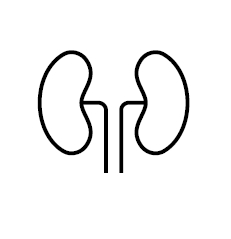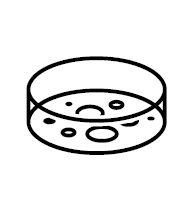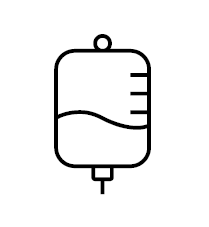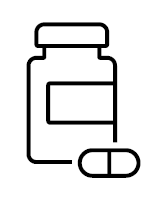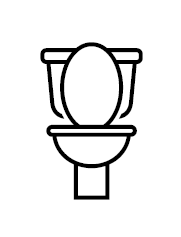Discharge information following a Robotic-Assisted Laparoscopic Prostatectomy
You have referred this this page as you have had a Robotic-Assisted Laparoscopic Prostatectomy (RALP) procedure. The information lists the most common issues that people experience after this procedure.
On this page
UTI
A urinary tract infection (also known as a water infection) is one of the most common issues that people experience.
Bacteria in the bladder can cause symptoms such as stinging or burning when you pass urine, blood in the urine, fever, pain in your lower abdomen and generally feeling unwell.
If the infection spreads to your kidneys, you may also have pain in your back.
Drinking enough water can help avoid this problem.
Haematuria
This means blood in the urine. Even small amounts of blood can change the colour of your urine and you may notice this when you look in the catheter bag.
The urine in the bag may look pink, reddish or brown in colour and there may be small stringy bits in the bag, which are blood clots.
It is more common to have blood in the urine if you are taking medication that thins the blood.
Blood in your urine should not be painful, and should improve within 2 to 3 days.
Blocked catheter
If your catheter (the tube in your penis) is not working properly, you may notice that you do not have to change the bag as often as normal (or at all).
You may feel discomfort or a sense of fullness in your bladder due to the buildup of urine.
Catheters can become blocked by debris in the bladder - this can get stuck to the tip of the catheter and prevent the urine being able to pass into the bag.
If you have blood in your urine, sometimes blood clots that have formed in the bladder can cause the tube to block.
Pain
Some discomfort after your procedure is expected and it is most likely to be worst in the first few days.
You may have pain in and around your abdomen, at the wound sites or in the penis.
If you were prescribed pain relief to take home from hospital, make sure you are taking this as directed.
Constipation
You may find you are constipated. This often happens after having an operation and can also be caused by certain pain relief medication.
It is important to avoid straining on the toilet.
Make sure that you are drinking plenty of water.
You should also take laxatives if these have been prescribed.
Contact information
If you are concerned by any of the problems listed in this page within the first 4 weeks after your operation, you can contact the Urology Assessment Unit or the Urology Nurse Practitioner Team for advice.
The team will discuss your symptoms with you (over the phone). They will then decide whether you need to be seen and which service will be the most help to you.
Urology Assessment Unit
Cheltenham General Hospital
Tel: 0300 422 4358
Monday to Friday, 8:00am to 6:00pm
Urology Nurse Practitioner Team
Cheltenham General Hospital
Tel: 0300 422 5193 / 3640 / 6691
Monday to Friday, 8:00am to 5:00pm
Outside of these hours, you can ring NHS 111 for advice
NHS 111
Tel: 111
If you have a medical emergency, dial 999 or attend your nearest Emergency Department.
